CONTENTS
About the Book
WE WANT TO BELIEVE THERE ARE SOME THINGS WE WOULD NEVER DO.
We want to believe that there are others we always would. But how can we be sure? What are our limits? Do we have limits?
The answer lies with the Ten Types of Human: the people we become when we are faced with lifes most difficult decisions. But who or what are these Types? Where do they come from? How did they get into our head?
The Ten Types of Human is a pioneering examination of human nature. It looks at the best and worst that human beings are capable of, and asks why. It explores the frontiers of the human experience, excavating the forces that shape our thoughts and actions in extreme situations. It begins in a courtroom and journeys across four continents and through the lives of some exceptional people in search of answers.
Mixing cutting-edge neuroscience, social psychology and human rights research, The Ten Types of Human is at once a provocation and a map of our hidden selves. It provides a new understanding of who we are and who we can be.
About the Author
Dexter Dias QC is a barrister who as Queens Counsel has been instructed in some of the biggest cases of recent years involving human rights, murder, terrorism, crimes against humanity and genocide. He has been instrumental in changing the law to better protect young women and girls at risk of FGM and works pro bono internationally with survivors of modern-day slavery, human trafficking and violence against women and girls.
He is also a prize-winning scholar of Cambridge University, having been elected to a Foundation Scholarship at Jesus College and winning the Lopez-Rey Prize for the highest Distinction in his research degree at the Faculty of Laws Institute of Criminology, where he critically analysed the use of state coercive force on vulnerable young people in custody. He has researched and given lectures at Cambridge and held a visiting research residency at Harvard. He has addressed major international conferences and spoken on many national platforms around human rights and social justice issues and violence against women and girls. He chaired and co-wrote the influential Bar Human Rights Committee Report to the Parliamentary Inquiry into FGM and significantly contributed to changing the law to strengthen the national protective mechanism. His research was cited in Parliament and paid tribute to for its critical analysis of the defects in the UKs rights protections. He has written reports to the United Nations, briefed the UNs Special Rapporteur on Violence Against Women and Girls and advised parliamentarians in both the Commons and Lords.
He acts as governor, ambassador and advisor in respect of several human rights NGOs, sits as a part-time judge in the Crown Court (including at the Old Bailey), and is authorised to try Serious Sexual Offence cases. He was finalist in Liberty and JUSTICEs prestigious Human Rights Lawyer of the Year Award and won the TMG Award for Outstanding Contribution to Advocacy and Justice.
 @DexterDiasQC
@DexterDiasQC
For Katie, Fabi and Hermione
How does one fashion a book of resistance, a book of truth in an empire of falsehood? Is it possible for freedom and independence to arise in new ways under new conditions?
Philip K. Dick
FROM THE AUTHOR
THE BOOK YOU are about to read is part of a project to forge a new understanding of who we are and who we can be. It is based on research that began ten years ago and that has been conducted on four continents. It is also grounded in my work as a human rights lawyer. But the project would not have been possible without the participation, collaboration and generous contribution of a great number of people, many of who appear in the course of the text. Later in the book I pay proper tribute to them and explain the distinctive nature of their indispensable contribution. There I also acknowledge my deep gratitude to the friends and colleagues who have been instrumental in facilitating this endeavour. However, at the outset I must acknowledge the advice and support of close colleagues at the University of Cambridge, especially Professor Loraine Gelsthorpe, Director of Research at the Centre for Community, Gender and Social Justice, which I am proud to be affiliated to, my academic collaborator Dr Caroline Lanskey at the Institute of Criminology, and Dr Nicola Padfield at the Faculty of Law. Equally, at Harvard I am particularly indebted to Professor James Sidanius, the William James Professor of Psychology and Director of the Intergroup Relations Lab, who offered me a residency as Visiting Researcher, Dr Mariska Kappmeier (my next door neighbour on the 14th floor), and Professor Joshua Greene, who kindly invited me to present elements of my research at his groundbreaking Moral Cognition Lab. I am also indebted to numerous colleagues in sub-Saharan Africa, Haiti and Central Asia, in London and New York, at UNICEF (especially the astounding Judith Lveille and Sabrina Avakian) and at the Bar Human Rights Committee (particularly its Chair, Kirsty Brimelow QC, and my colleague on fighting FGM Zimran Samuel). However, it would be a serious omission not to point out that of the numerous people Ive interviewed, followed, consulted, contested, travelled with and tormented, during the research for this book, only a small proportion actually appear in the text. Nevertheless my other correspondents, confrres, intellectual comrades and combatants have informed my thinking and approach and thus are present as well. A comprehensive list of those I can name appears at the end of the book. However, given the particular nature of this research inquiry, and while many people appear bearing their real names, others have necessarily had their names altered. In respect of several, identifying characteristics and certain circumstances have had to be changed. The reason has been to protect the participants both in terms of protecting their privacy and in certain instances their personal security, or that of people closely connected to them. Some have been or remain at considerable risk. Others have had their lives threatened. Several have been hurt or injured. A few have taken great risks in telling what they have. They have done so in the hope that it will help others, an aspiration I share and one of the chief animating ideas of the book. Some are embarking on perilous ventures among the great secret journeys of our age across treacherous terrain frequented by treacherous people. Others are returning to dangerous countries or regions acknowledged by international agencies to be hazardous and unsafe. Therefore I make it plain that where necessary, as in the unforgettable Loves Executioner by Irvin Yalom, I have endeavoured to create an impenetrable disguise (to use Yaloms apt phrase). In some cases, as in his book, the best course to safeguard the identity of the participant has been to make what Yalom calls symbolic substitutions or to graft, as he puts it, one persons background or identity onto anothers, an approach also used by Barack Obama in respect of certain characters in Dreams from My Father. In making such elisions, I have sought to preserve what the great Oliver Sacks in The Man Who Mistook His Wife for a Hat calls the essential feeling of their lives. Where this has been done it is because it has been the only way to ensure that their privacy and personal safety are maximally protected. Thus this book contains the full spectrum of material, from accounts that appear with names and essential details listed as they occurred, to those where there has had to be some or a substantial degree of disguise, to those where accounts have been blended or collaged. In the latter case, my solution has been to create connecting material and endeavour to develop a different kind of writing, melding fictive with non-fiction elements. Throughout, dialogue has had to be redacted for reasons of confidentiality or sensitivity; some dialogue has been modified, reconstructed from memory, condensed or paraphrased for length, or deduced for continuity or coherence from accounts of events provided. I have tried to convey the sense of accents and modes of speech and where as frequently occurred discussion took place in more than one language, I have usually (but not always) simplified it into one. Where participants have communicated dialogue or scenes with third parties, I have endeavoured to reconstruct them as authentically as possible and in the spirit of the overall narrative. Where there are gaps in the account or for reasons of confidentiality and/or security I have had to find a substitute, my approach has been informed by that of John Berendt in the seminal

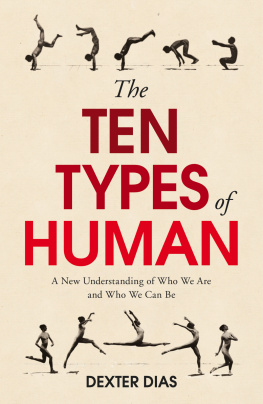

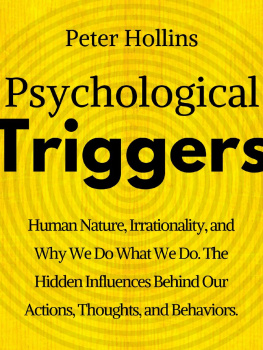
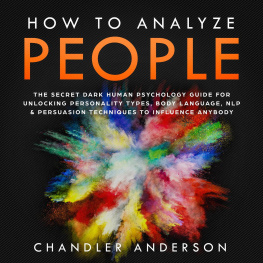
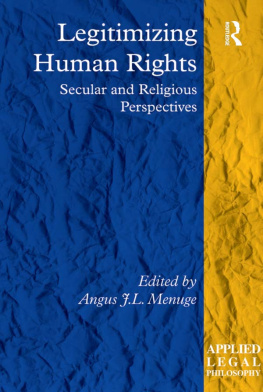
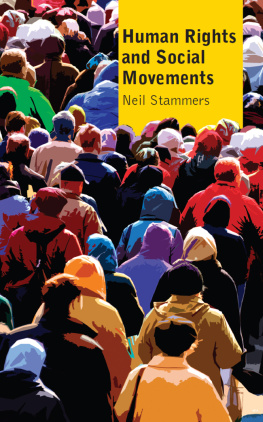
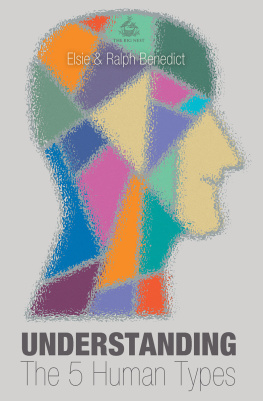
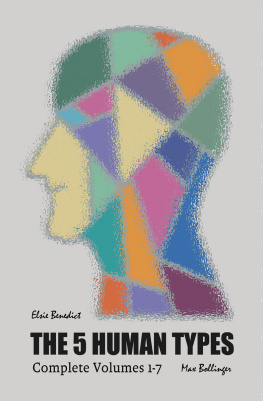
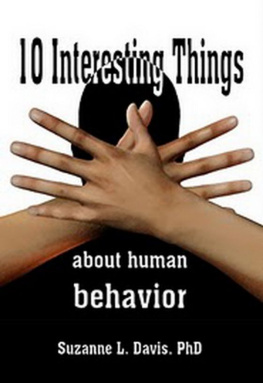
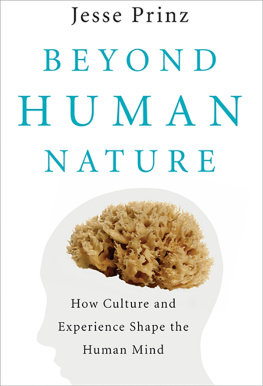
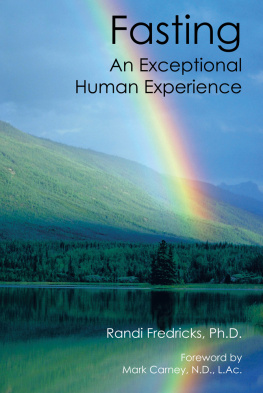
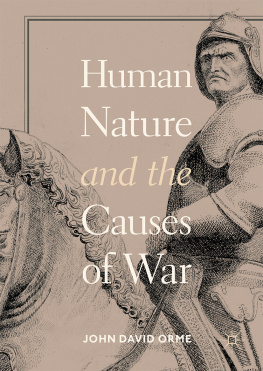

 @DexterDiasQC
@DexterDiasQC